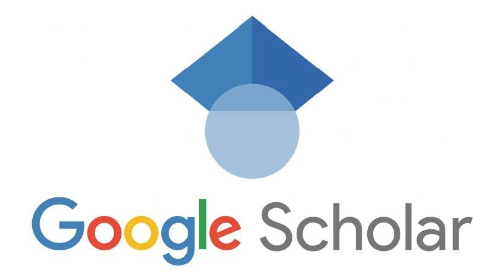Effectiveness of Digital Game Based Learning on Improving Numeracy Literacy of Elementary School Students
Keywords:
Digital Game Based Learning, Numeracy Literacy, Elementary School Students, Interactive Learning, Educational InnovationAbstract
This study aims to analyze the effectiveness of digital game based learning (DGBL) in improving elementary school students' numeracy literacy. Numeracy literacy, which encompasses the ability to understand, interpret, and apply mathematical concepts in everyday life, is one of the fundamental competencies emphasized in 21st-century education curricula. However, national evaluation results indicate that many elementary school students struggle to deeply understand numerical concepts. To address this challenge, this study proposes a digital game-based learning approach as an innovative strategy to enhance students' motivation to learn and their active engagement. This study employed a quasi-experimental design with a pretest-posttest control group. The research sample consisted of 60 fifth-grade students, who were divided into an experimental group and a control group. The experimental group used interactive, digital, game-based learning media, while the control group used conventional, lecture-based methods and practice problems. The research instrument was a numeracy literacy test that was validated by experts and tested for reliability. Paired and independent sample t-tests were conducted to analyze significant improvements and differences between the two groups. The results showed a significant increase in numeracy literacy scores in the experimental group compared to the control group. Additionally, students in the experimental group demonstrated increased interest in learning mathematics and greater involvement in the learning process. These findings suggest that implementing DGBL can effectively enhance elementary school students' numeracy literacy in a fun, interactive, and contextual manner.













